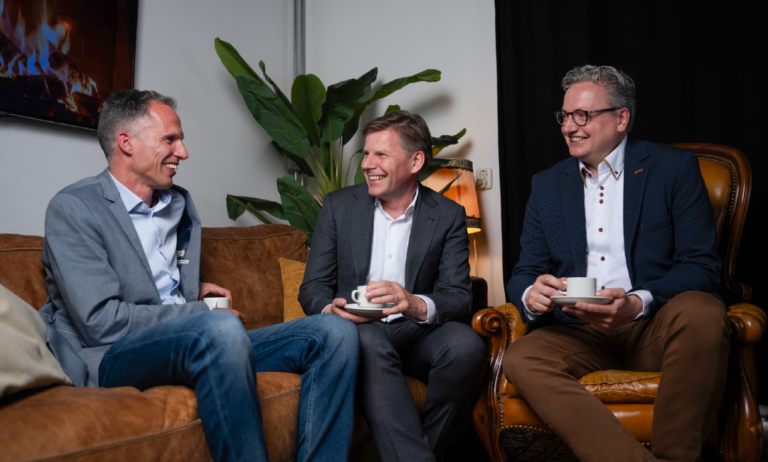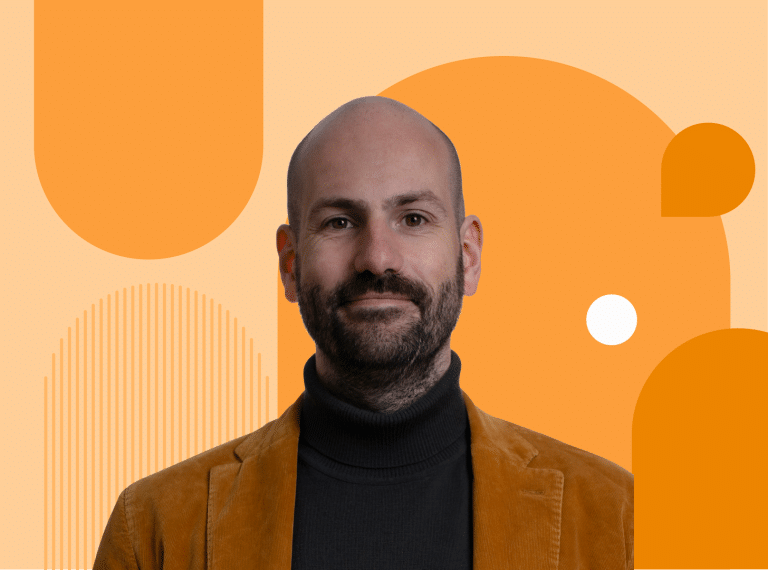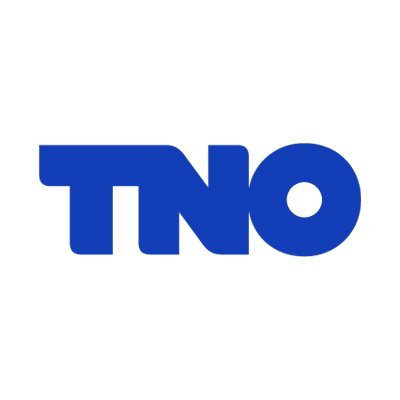The Challenge
Every citizen is assumed to know the law. However, the sheer magnitude of applicable law, its complexity, and multiple changes to the corpus of rules applicable are a struggle for most citizens and even legal experts. Over the last 30 years, IT technologies have been developed to support citizens, legal experts, governments, and non-governmental organizations in understanding applicable law and applying law to their cases. This makes citizens more self-reliant, creates equality before the law, reduces compliance costs and efforts for citizens and businesses, and saves monitoring and enforcement efforts for governmental agencies.
The major challenge addressed over these last three decades was making those IT systems conform to the norms expressed in law. Several technological breakthroughs have contributed to the current situation, such as the xml-isation of sources of norms and improved accessibility through public and private websites to legislation and case decisions, natural language processing, Semantic Web and AI technologies to support legal decision-making and quite recently an open standard for expressing and communicating interpretations of norms, (e)Flint. The latter allows for the exchange of interpretations among stakeholders and with IT vendors building legal-support technologies.
The Partnership
TNO, the Leibniz Institute, and Be Informed joined forces to combine the above-mentioned breakthroughs in practical solutions and help organizations improve the process from creating policies to deploying rules into day-to-day business operations. The partnership promotes fair and effective regulations via technology-assisted replicable design and implementations of norms. The partnership develops and shares open-source Legal Engineering and Normative Systems components. These components feature unambiguous, human and computer-readable formal interpretations of norms, as well as certified implementations of components that allow reasoning with regulations, effect and burden calculations, discovery of (in)consistency with other norms and the processing of comments on proposed norms.
With state-of-the-art norm engineering technologies short-time impact can be achieved on the following areas:
Policy and law making
When creating new or adapting existing norms, the explicit and unambiguous representation of interpretation of those norms, helps to streamline and improve efficiency of the consultation process with experts and other stakeholders. Legal engineering technologies include simulating the effects on addressees, calculating the administrative burden and impact, and preparing for IT-support when operationalising new policies.
Automated support for legal decision making
Based on open-standards and available low-code implementation platforms legal-services can be developed and deployed at relatively low cost and reduced time to production. These legal services are transparent, which makes them auditable and trustworthy for all stakeholders impacted by the decision. The use of open-standards and stimulates an open market for technical and legal support facilitating citizens, governments, and businesses in dealing with complex legal issues.
A collaboration with proven impact
The Dutch Immigration Service
Be Informed and the Leibniz Institute supported the Dutch Immigration Service (IND) in designing and building INDiGO. INDiGO supports all immigration related case-handling processes and became operational in 2012. The case-handling software was designed to quickly accommodate for changes in regulations by being able to translate regulations in business rules that can be used by the operational case-handling software. From the point of view of innovations in Norm Engineering, INDiGO turned out to be a gamechanger. Both at the Leibniz Institute, TNO and Be Informed it triggered research in formal specification of norms, and developments in changeability, accountability, explain ability and compliancy of case-handling and decision-making software. Now, in 2022, practical and scientific know-how has been developed further and validated in many projects for governments across the globe.
eRulemaking Project
In 2021, Be Informed, TNO and the Leibniz Institute created a demonstrator for the future of eRulemaking for the US Government. The demonstrator leverages the open legal knowledge representation standards FLINT and USLM. The demonstrator showed how legal knowledge representation standards can be used to deliver applications that guide policymakers, citizens, and regulated entities through complex regulatory domains. The derived solution will result in improved regulations, increased participation of citizens and small companies in the regulatory process, increased compliance, and reduced cost of compliance.
The future
TNO and Be Informed are working together on producing know-how and concordant open standards and software components that promotes the use of these open standards, and tools to improve regulations, reduce administrative burden, increase citizen participation, and reduce compliance costs.
TNO is an independent research organization in applied sciences founded by law. TNO connects people and knowledge to create innovations that boost the competitive strength of industry and the well-being of society in a sustainable way. TNO’s mission is to create independent and reliable solutions for the challenges that the society faces.

The Leibniz Institute is a joint venture between the University of Amsterdam and TNO. They conduct research on norms and normative reasoning since the 1980‘s. At that time expert-systems were the core focus in AI and we focussed on expert-systems in the field of law. The main purpose of Leibniz‘ research: provide access to law for citizens and improve productivity of organizations providing legal services (incl. governmental agencies).











